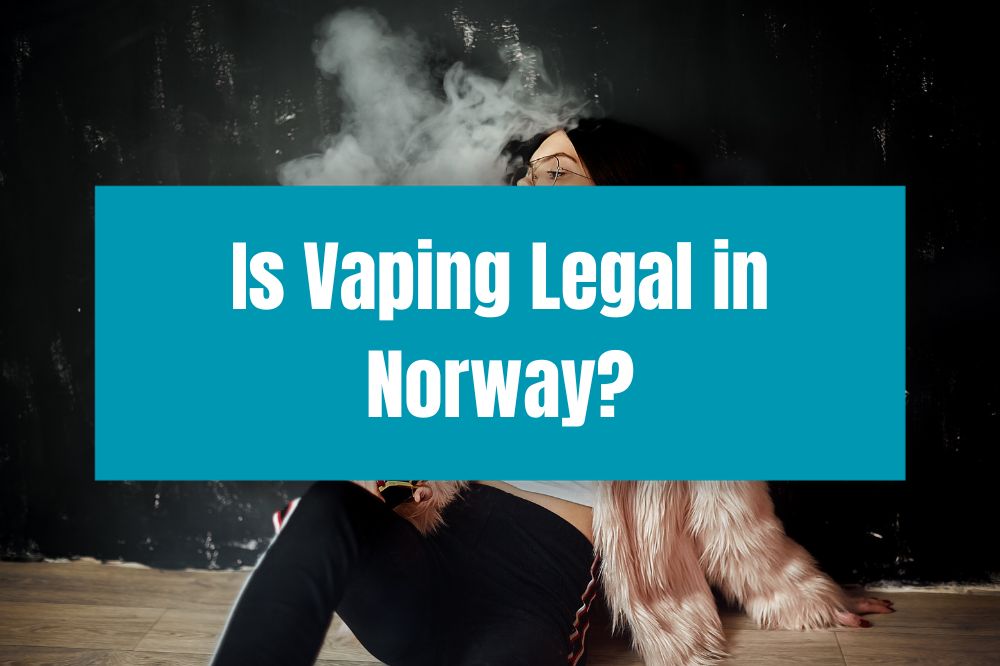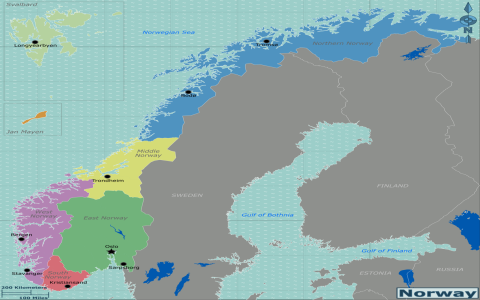Electronic cigarettes, specifically those containing nicotine, are strictly regulated in Norway.
Legality & Availability
- Nicotine-containing e-cigarettes: Banned for general sale. Only available as a Prescription Only Medicine (POM), primarily through pharmacies to individuals in state-approved smoking cessation programs under strict medical supervision. Obtaining nicotine liquid for personal vaping outside these programs is extremely difficult and illegal.
- Nicotine-free e-cigarettes and devices: Legal to sell and purchase. However, they are subject to marketing restrictions and display regulations.
Sales & Marketing Restrictions
- The sale of nicotine-containing e-liquids and devices is confined to pharmacies for approved cessation.
- Advertising of both nicotine-containing and nicotine-free e-cigarettes is heavily restricted.
- Visible display of nicotine-free e-cigarettes in retail outlets is prohibited.
Age Restrictions
Purchase of any tobacco products, including nicotine-free e-cigarettes, is prohibited for individuals under 18 years of age.

Usage Restrictions
- Vaping (using any e-cigarette) is banned in all public places where smoking is prohibited. This includes workplaces, restaurants, bars, public transport, and enclosed public spaces.
- Vaping is also banned on public transport property (stations, platforms, ferry terminals).
Taxation
Nicotine liquids sold as medicine are taxed accordingly. Nicotine-free e-liquids are subject to a tax based on volume.
Health Authority Stance
Norwegian health authorities, including the Norwegian Directorate of Health and the Norwegian Institute of Public Health, strongly advise against using e-cigarettes as they are not considered safe, particularly for youth and non-smokers. They promote proven cessation methods like counselling and medicinal nicotine replacement therapies (patches, gum).
Flavor Ban
The sale of flavored (excluding tobacco flavor) nicotine-free e-liquids was banned in January 2022, further restricting the market.
EU TPD
Norway, while not an EU member, follows the European Economic Area (EEA) agreement. It implemented aspects of the EU Tobacco Products Directive (TPD) relevant to e-cigarettes, but its domestic legislation (specifically the Medicines Act) imposes far stricter controls on nicotine products.
Future Outlook
Norway maintains one of the strictest regulatory environments for nicotine-containing e-cigarettes globally, prioritizing its medical model for cessation. Significant policy loosening appears unlikely in the near term.










